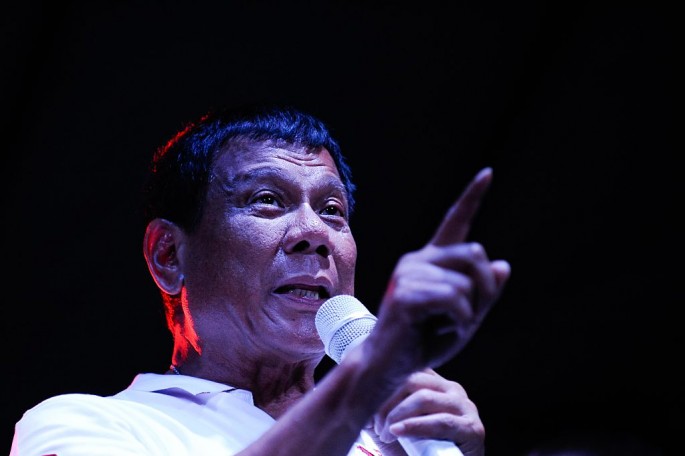China expressed its high hopes that the new Philippine government under "Trump of the East" Rodrigo Duterte would be able to meet with them halfway amid the countries’ South China Sea territorial bout.
In a statement cited by China Daily, Chinese Foreign Ministry spokesperson Lu Kang called on the Philippines to "meet China halfway" to end the long-standing maritime disputes.
"We hope that the new Philippine government will meet China halfway, properly deal with disputes and take concrete measures to push China-Philippines relations back to the track of sound development," he said on Wednesday.
Lu's remarks came after Duterte, who made clear that he intends to fight for the Filipinos' rightful claim over the territory, expressed his willingness to participate in bilateral talks with China.
Bilateral Talks
Previous reports stated that the tough-talking ex Davao City mayor, who is poised to hold the highest seat in the archipelago, is willing to talk to China about the South China Sea territory.
In a report from Shanghai Daily, the presumptive president's spokesperson Peter Lavina noted the big difference between Duterte and the outgoing Aquino administration in terms of dealing with conflict outside the country.
"This is the difference between the current and the Duterte administrations, the mayor is open to bilateral talks with China," he told the press on Wednesday in Davao City.
However, since a United Nations tribunal has commenced under the Aquino administration, Lavina said Duterte intends to continue with the case.
Lavina also downplayed Duterte's "joke" on jet-skiing to an island claimed by both China and the Philippines during the latter part of his campaign, saying, "He jokingly said that if we win that case and China will not respect it, he will use a jet ski."
Duterte's Remarks
While he had differing statements in the past, Duterte's most recent statements on resolving the South China Sea dispute directly with China received a positive reaction from China.
Because of this, Lu declared that "there will be no insoluble disputes" provided that the two countries maintain "the principle of treating each other with honesty and seeking common ground while reserving differences."
He also noted that the ties between China and the Philippines had been strained "due to reasons known to all," referring to the arbitration case filed by Manila against Beijing.
But with the new Philippine government under the Duterte administration, analysts believe that there could still be hope for the Sino-Philippine ties since it's "more practical" for the archipelago.
"Duterte hopes very much that China will help the Philippines develop its infrastructure and economy, in order to strengthen his ruling foundation," explained Guangdong Institute for International Strategies Chinese foreign policy professor Zhou Fangyin.
"[Duterte] may adjust the Philippines approach to the South China Sea issue. But the room to adjust is limited," China Institutes of Contemporary International Relations assistant researcher Chen Qinghong added.



























